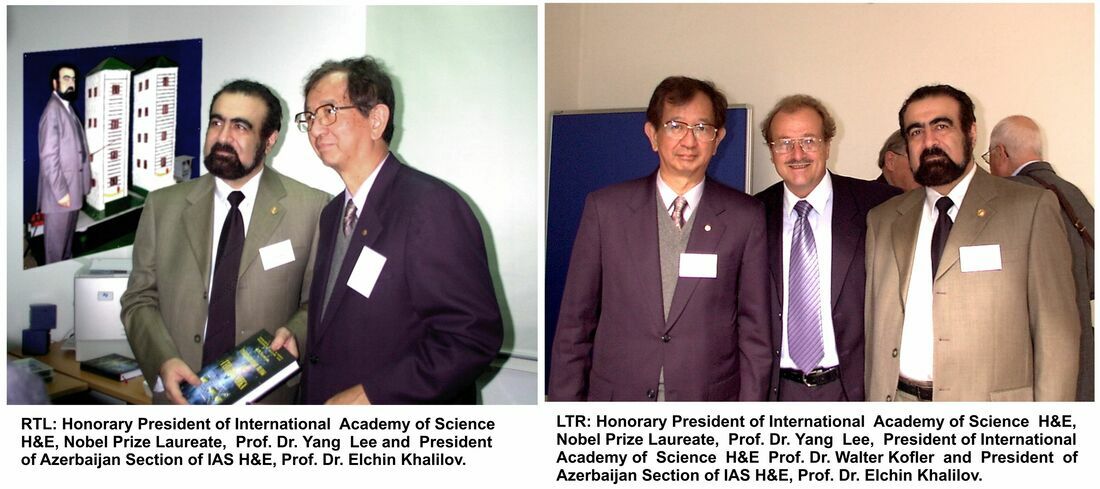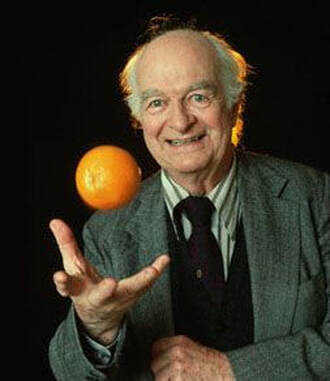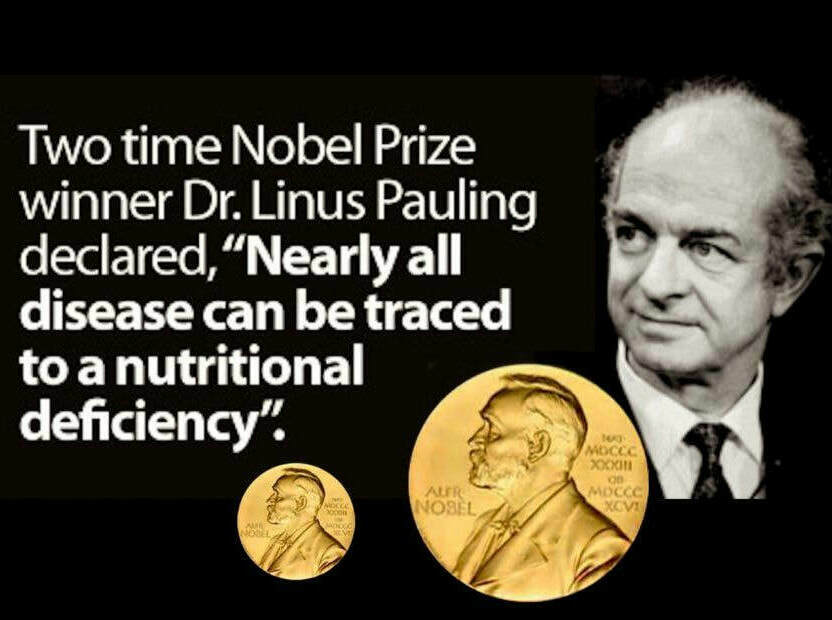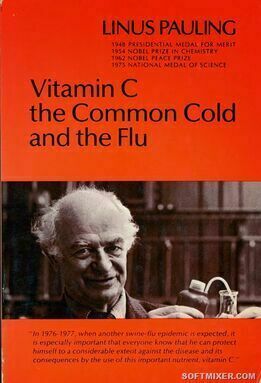INFORMATION ABOUT THE INTERNATIONAL COUNCIL FOR SCIENTIFIC DEVELOPMENT — INTERNATIONAL ACADEMY OF SCIENCE
The International Academy of Science (IAS) is a global membership organisation of researchers, scholars and intellectuals. The International Academy of Science (IAS) as central body of the International Council for Scientific Development (ICSD) is an independend organisation of distinguished academicians engaged in scientific research, dedicated to the furtherance of science and humanity for global sustainability and universal humanity. It is the central and active ICSD-body which coordinates activities of the sections of IAS as well as of the boards (committees, institutions and honorary senate (members)).
The International Council of Scientific Development (ICSD), with universities (around the world) and member institutions was founded 1980 with its central body the International Academy of Science (founded 1982) by distinguished academicans and scholars with the aim of developing new scientific approaches which could lead to effective problem solving in the 21. century. The ICSD-IAS serves as an international scientific forum for science without borders. Research is made in the institutions of the the ICSD Network.
Main fields are: biophysics, health science, health and ecology, environmental health, environmental education, education for sustainable development, forecasting of earthquakes, global change research, philosophy of science and medicine, planetary health /geohealth, physiology and sustainability science. The International Academy of Science has independent research institutes in Russia, Azerbaijan and a center in Austria.
RESPONSIBILITIES OF SCIENTISTS FOR THE FUTURE
Honorary President Yuan T. Lee (Nobel Prize in Chemistry 1986)
"As we entered the 21st century, we found the human society on earth is undergoing two important phase transitions. Firstly, the earth which used to be “infinite” or “unlimited” for mankind for thousands and thousands of years has now become “finite” or “limited”, as the population on earth has increased dramatically during the 20th century and reached 6 billions, and human activities have been intensified with excess consumption of natural resources, yet we are still following the trajectories of the development of human society of the past when the earth was practically “infinite” or “unlimited” both in terms of natural resources available and the capacity of the earth to absorb or digest the waste produced by human activities. Especially, in the usage of energy and the impact on environment, we are heading toward a wrong direction all together.
Secondly, although we have witnessed the process of globalization of human society during the last two decades, the globalization is only half-way through, and because of it we are suffering from many consequences. Some of the human activities started to become globalized, and are carried out beyond national boundaries, especially in the areas of economy, science and arts, yet the nation-state based competitions are as strong as ever. In the half globalized world, only those people who use the entire world as their stage for their activities have benefited enormously, and it is not surprising that we will have to tackle such problems as the widening gap between the rich and the poor, both among countries and people in a country, and the threat to solve problems by military might. These problems could be easily avoided if the entire world were to be completely globalized, or if the entire world were to become “one community”, or we make it into a reality that “Boundaries between nations are merely lines on a map.”
FellowsFrom 1980 until 2018 ICSD-IAS has approximately 1,500 academicans (members), including 119 Nobel Laureates. Today ICSD-IAS unites about 900 responsible scientists, philosophers and intellectuals of the world. Among them there are Nobel Prize laureates and members from 81 national academies of sciences. The ICSD Network contains over 100 research institutions, national academies of sciences, universities and research centers as institutional members. National Sections of the Academy were founded in: East Europe, Austria, Brazil, France, Germany, Greece, India, Japan, Russia, etc.
The foundation(1980-1988) and development phase (1988-2018) was actively supported by:
Linus Karl Pauling (Natl. Acad. Sci., USA), Alexander Prokhorov (Russian Acad. of Sci.), Sir John Kendrew (Royal Soc.), Hans Jonas (The New School), Yurhio Ikemi (ICPM, Tokyo), Andrej Sacharow, Ilya Prigogine (Founding President of the IAS), M.Mikhailov (GSF/International Acad.of Sci), Helmuth Müller-Mohnssen (GSF), Bal Anand (Indian Natl. Sci. Acad.), Angel Balevski (Bulgarian Acad. Sci.), Matti Bergsröm (Finnish Acad. Sci.), Jean Dausset (Acad.des Scienes, Paris),Johann Deisenhofer (Howad Hughes Insitut), Wolfgang Jacob (University Heidelberg), Arthur Kaufmann (Bay. Acad. of Science), Aelxander Prokhorov (Russian Acad. of Science), Partrap S. Srivastara (Indian Natl. Sci. Acad.), Lord Alexander Todd (Royal Soc.), Jean-Marie Lehn (Acad. Sciences, Paris), Hans F. Zacher (Max Planck Society), Ken Takeshita (Kansai University), K.V.Sudakov (Russian Acad. of Medical Sci.), Walter Kofler (Austria, Innsbruck), Elchin Khalilov (Azerbaijan Section of the International Acad.of Science Baku/Munich), Karl Hecht (Humboldt University of Berlin), Victor Khain (Russian Acad. of Sci.), W.I. Danilow-Daniljan (Russian Acad. of Sci.), Franz Halberg (Romanian Acad. of Sci.), Michael Schratz (University Innsbruck), Dieter Weiss (International Acad.of Sci.), Ralf Stappen (International Acad.of Sci.), Paul Hoyningen-Huene (Leopoldina,German Natl. Acad. of Sciences), Herbert Pietschmann (Austrian Acad. of Sci.), Thomas S. Kuhn (MIT), Hans F. Zacher (Max Planck Society) and many other well known scientists.
Nobel Prize winners The following table provides a list of 119 Members (1980-2018) who have been awarded a Nobel Prize. The full list can be accessed (http://www.ias-icsd.org).
MembershipFrom 1990 new academicans are elected by the national sections on the basis of their eminent original scientific studies or exceptional achievement and of their acknowledged moral personality, without any ethnical or religious discrimination.
History
The Academy was initiated 1980 together with the International Council of Scientific Development (ICSD) in Munich by Robert Spaemann (until 1987), Michael Michailov and Reinhard Löw together with 42 scientists from LMU, TU, GSF (now Helmholtz Zentrum München)*,Max Planck Society and Bavarian Academy of Sciences and Humanities. A selection of Munich members can be accessed here (PDF). The first IAS-ICSD Secretariat was located in the GSF National Research Center for Environment and Health (now the German Research Center for Environmental Health, Helmholtz Zentrum München).
The Munich "nucleus" founded the Initiating Committee (IC). Until 1990 (foundation phase) more than 700 academicians (from more than 80 National Academies of Sciences), including Nobel Laureates accepted membership and participation in the IAS-ICSD. A selection of founding members can be accessed here (PDF).
Ilya Prigogine was Founding President of the ICSD-IAS, Co-Presidents were Angel Balevski (Bulgarian Academy of Science) and Partrap S. Srivastara (1984-1989). Linus Karl Pauling was the Honorary President of ICSD-IAS till the end of his life. Until his selection as President of the International Council for Science 2008 Yuan T. Lee supported as Honorary President the international development of the IAS*.
Research under a paradigm must be a particularly effective way of inducing paradigm change.
Thomas S. Kuhn, The Structure of Scientific Revolutions
History The Academy was initiated 1980 together with the International Council of Scientific Development (ICSD) in Munich by Robert Spaemann (until 1987), Michael Michailov and Reinhard Löw together with 42 scientists from LMU, TU, GSF (now Helmholtz Zentrum München)*,Max Planck Society and Bavarian Academy of Sciences and Humanities. A selection of Munich members can be accessed here (PDF). The first IAS-ICSD Secretariat was located in the GSF National Research Center for Environment and Health (now the German Research Center for Environmental Health, Helmholtz Zentrum München).
The Munich "nucleus" founded the Initiating Committee (IC). Until 1990 (foundation phase) more than 700 academicians (from more than 80 National Academies of Sciences), including Nobel Laureates accepted membership and participation in the IAS-ICSD. A selection of founding members can be accessed here (PDF).
Ilya Prigogine was Founding President of the ICSD-IAS, Co-Presidents were Angel Balevski (Bulgarian Academy of Science) and Partrap S. Srivastara (1984-1989). Linus Karl Pauling was the Honorary President of ICSD-IAS till the end of his life. Until his selection as President of the International Council for Science 2008 Yuan T. Lee supported as Honorary President the international development of the IAS*.
Honorary Presidents of the Academy were: Jean Dausset (France), Alexander Prokohorov (Russia), Yujiro Ikemi (Japan) and Georg Kahn-Ackermann (Germany).The second presidium can be accessed here (PDF).
At the Institute of Biological Sciences, Faculty of Mathematics and Natural Sciences , University of Rostock (PDF) an "Office for Co-Ordination of International Transfer of Research, Education and Technology of ICSD/IAS" was established (cooperation partner of the University). Legal Foundation of Sections and Comittees (after 1990)
National Sections of the Academy were founded and active in: East Europe (Member List), Albania, Austria, Azerbaijan, Bulgaria, France (Member List), Germany, India, Japan, Russia, etc.. 1991 the Japan Concil for Sciencifc Development (JCSD) was formaly founded. First JCSD Präsident was Sugawara Tsutomu from the University of Kyoto, first Secretary Kenji Takeshita (Kansai-University,Law Department).
In October 1993 in Moscow, in the Constituent Assembly with active support of Russian Academy of Medical Science the Russian Section of International Academy of Science (RS IAS) was established. The leading scientists of state academies of Russian Academy of Science, of Russian Academy of Medical Science, of Russian Academy of Education, of series of public academies, scientific and educational institutions of Russia are members of Russian Section. At the beginning of establishing of Russian Section of IAS were the prominent representatives of domestic science: Nobel Prize Laureates N.G.Basov, A.M.Prokhorov, Academicians N.N.Moiseyev, V.I.Pokrovskiy, K.V.Sudakov, N.P.Laverov, F.I.Komarov, O.L.Kuznetsov and others. (10 Year Report 2003)
Our Mission
"Scientific knowledge should be used only to promote the dignity and preserve the integrity and the future of man, but no-one can hinder the acquisition of scientific knowledge."
(Universal Movement for Scientific Responsibility, Propostion to add a new Article to the Universal Declaration of Human Rights)
The objective of the Academy is the promotion of innovations in basic,applied and transdisciplinary research and the development of science (scientific development) which could lead to effective and efficient problem solving in the 21 century.
Our priorities are:
- to reinforce awarness of scientific responsibility and the social responsiblities of scientists;
- to develope and support new international, trans- and interdisciplinary approaches;
- to increase the effectiveness of scientific research (better governance of science);
- to support a humanitarian approach to science;
- scientific cooperations between the industrialized and the developing countries;
- cooperations between scientists and political decision making bodies and support of scientific research;
- integration of philosophical and ethical subjects into scientific education;
- to promote public scientific and political discussions on the role of science and future developments.
- to promote an optimal integration of scientific, public and political goals.




The twice laureate of Nobel Prize Lainus Pauling -
the founder and the first president of International
Council for Scientific Development/International Academy of Science
AZERBAIJAN SECTION OF IAS/ICSD
History of establishment
Azerbaijan Section of International Council for Scientific Development of International Academy of Science was established on 03 November 2001. The establishment of Azerbaijan Section of IAS was devoted to the 100th anniversary of the twice laureate of Nobel Prize Lainus Pauling- the founder and the first president of International Council for Scientific Development/International Academy of Science.
The founders of Azerbaijan section of IAS were: National Academy of Sciences, National Academy of Aviation, Baku State University, Azerbaijan University of architecture and construction, Azerbaijan Medical University, Azerbaijan Technical University, Azerbaijan Economical University,
University “Khazar”, ISTC “INTERGEO-TETHYS”, Scientific Research Institute of Forecasting and Studying of Earthquakes and other organizations.